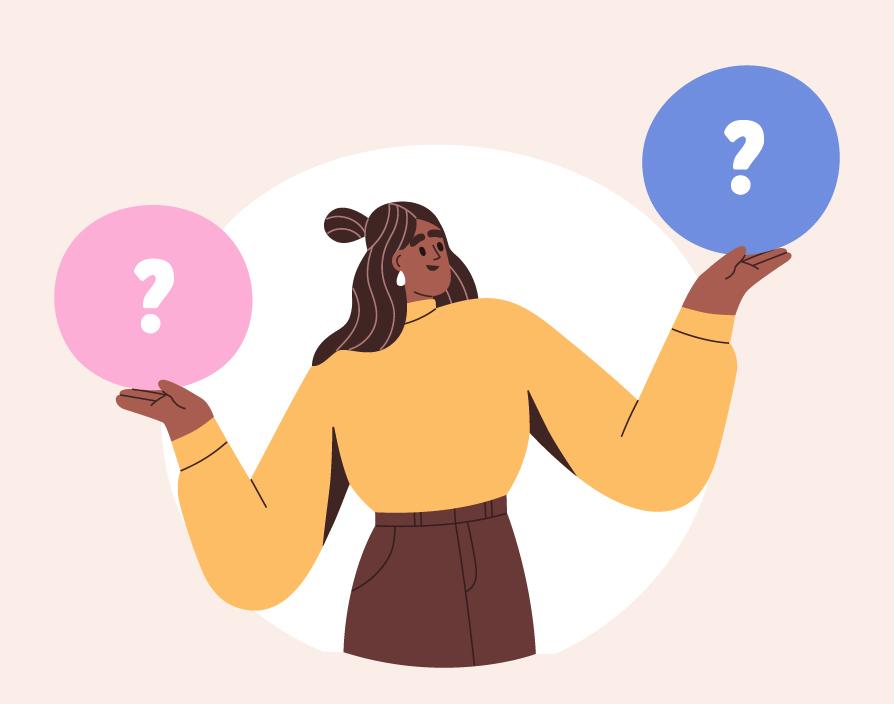Joanna Swash attempts to answer this centuries’ old business conundrum.
It’s a question on every business owner’s lips, whatever the industry, or whatever the country. And it’s especially pertinent when belts are being tightened. Maybe the question should be ‘Who is more important, the customer or the employee?’ Which came first is a lot simpler to answer. It is likely to be the customer. You have an idea, someone buys something, you grow, you employ.
But as for who is more important? This is a real dilemma when it comes to allocating resources, and so on. Yet, in my opinion, it really shouldn’t be. Many organisations are prioritising their employees, by focusing on wellbeing, engagement and investment. They are focused on keeping hold of their best people.
However, if you prioritise this above all else, then you’re setting yourself up for a fall. You could have the happiest people in all of the land. They could be totally committed, and engaged, even ambassadors at attracting new recruits. But if they don’t actually provide a top-class customer experience, while delivering results, then you will lose customers and you won’t have a business.
On the flip side, focus entirely on the customer and you are likely to lose your top people to other businesses who value them more. It’s Catch-22. I appreciate that the two examples above are extreme. However, they demonstrate the point: Not that one is more important than the other, but that they are inextricably connected. Both customers and employees are equally important.
Don’t choose
Instead of asking, ‘Which is more important?’ How about looking at valuing all people? Treating all your people, such as customers, employees, partners, and stakeholders, as celebrities? This is surely the best solution. This may blow the minds of some business leaders, but the world of work is evolving. It’s time to get real. Whatever your industry, people are your most valuable asset.
It is a mutually beneficial relationship. Sometimes it will be a balancing act. The key is to look at your business as being ‘people-based’ rather than ‘process-based’. Not only are you looking after the people you employ, but also the people who do the work. You need to view your customers and clients as an extension of your organisation, and its culture.
That way, they are connected. Your culture is relevant to everyone and unites them. Your purpose provides solutions and builds long-term relationships with customers. Your values give people the ground rules and path for them to follow.
Employees versus customers
People do business with people. If you make people your strategy, then you’ll never have to choose between customers and employees. In the ever-evolving business landscape, a ‘people-powered business’ ticks an awful lot of boxes.
A people-based approach, one that extends its culture to its customers, is one that fully represents a business. It becomes a business full of empowered, inspired people who are continually learning and growing. But how do we achieve this? Value every person for the individual that they are. Then equip them with the tools to be the very best that they can be.
The same goes for your customers, who are your valued partners. Get to know them, listen and understand their businesses and requirements. Always show empathy and genuine support, and then focus on working together to succeed and innovate.
In maximising the potential of everyone involved – customers and employees alike – you are creating a business model that will stand the test of time. It will be agile, turn-on-a-dime, and embrace the environment in which we live.
Therefore, to answer my original question (customer or employee?), the truth is I can’t. Why does one have to be more important than the other? Can they not be equally significant? Always put people at the heart of the matter. Never lose sight that customers, employees, stakeholders and partners, all harness the power of what people can achieve and what businesses can learn.
Share via:









































